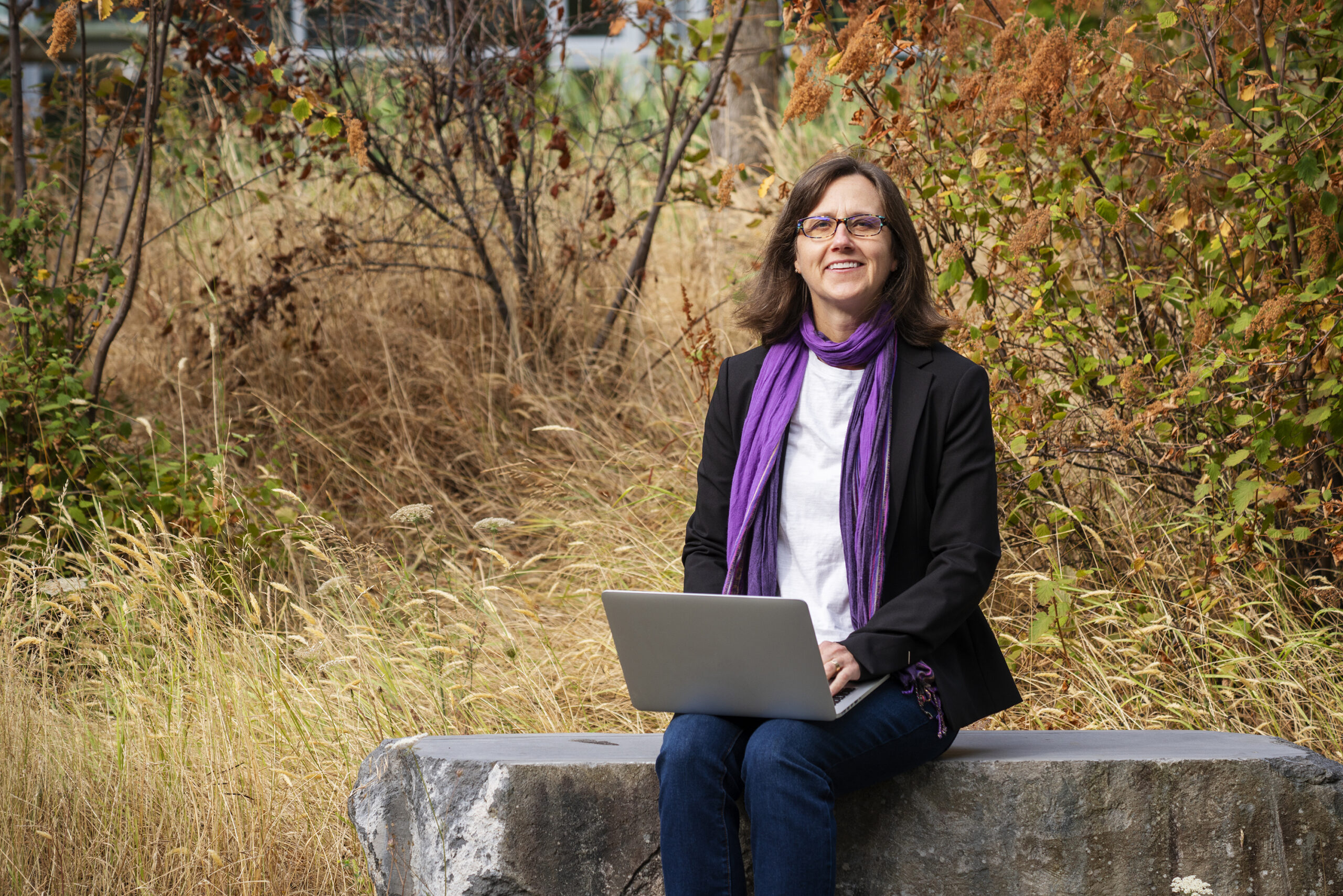Finding Hidden COVID-19 Cases
New Partnership Makes New Research Tool Possible
Victoria, BC – A Victoria research team is using math and statistics to help anticipate future COVID-19 waves so that public health strategies can target ways to manage possible future outbreaks.
This work is possible thanks to a $149,300 award from the Michael Smith Foundation for Health Research (MSFHR) COVID-19 Research Response Fund and the Victoria Hospitals Foundation’s (VHF) generous donors.
“By estimating the number of undetected cases, we will gain a better understanding of the spread of the current wave and the underlying spread of a future wave,” explains Dr. Laura Cowen, principal investigator and Associate Professor in the University of Victoria’s Department of Mathematics and Statistics. “Our mathematical model will allow the detection of early signals that a future wave has begun, and identify infections among high risk groups such as the elderly, school children, and long-term care clients.”
Using Island Health data, Cowen (also the Associate Dean, Research in the Faculty of Science) and her team will adapt Island Health’s current contact tracing tool to pinpoint locations where COVID-19 infection may inadvertently be transferred to vulnerable populations. In practical terms, the new modelling tool takes into account COVID-19’s peak viral load: seven days before symptoms occur. It then uses a ‘multiverse’ approach to track people’s movements during the period where they’re infectious but not yet feeling sick. As an example, researchers tracking the scenario of a homecare worker with a ‘hidden’ case of COVID-19, two children at home and who dines out once a week, will be able to better rate risk by layering this ‘what if’ information onto the mathematical model. When finished, the model will predict with greater precision the transmission rates associated with relaxing public health measures.
“Researchers like Laura Cowen are enabled by MSFHR funding to provide the scientific evidence public health decision makers need to keep us healthy and save lives,” says Dr. Bev Holmes, President and CEO of Michael Smith Foundation for Health Research. “By partnering with the Victoria Hospitals Foundation, provincial investments can go further to develop novel tools that will help keep British Columbians healthy.”
The funding is also building future research capacity on the Island with six newly created co-op terms for University of Victoria graduate-level students to participate in the project. In addition, using local Vancouver Island scenarios and data complements the work of organizations such as the BC Centre for Disease Control (BCCDC) that help communities get ready to restart safely.
“Our partnership with the Michael Smith Foundation for Health Research on this project speaks to the forward-thinking emphasis on research support our donors tell us is important to them,” says Avery Brohman, Executive Director of Victoria Hospitals Foundation. “The anchor of better patient care is leading-edge research like Dr. Cowen’s. As fall approaches, alongside an anticipated second surge of COVID-19, our donors know this work is critical to keeping our loved ones and communities as safe as possible.”
Already underway, the research project: Managing the Risks of Future BC COVID-19 Outbreaks Using Mathematical and Statistical Modelling will be completed in June 2021. It would not be possible without the generous support and knowledge of a number of co-investigators and collaborators at Island Health: Dr Michael Chen (Physician and Laboratory Medicine), Dr. Ken Moselle (Director, Applied Clinical Research) as well as the University of Victoria’s Dr. Junling Ma, Dr. Pauline van der Dreissche and Dr. Andriy Koval (Affiliate, UVic Institute on Aging and Lifelong Health).
The community can further support healthcare research on Vancouver Island, including projects focused on COVID-19, by donating to the Victoria Hospitals Foundation at victoriahf.ca/research or 250-519-1750.
To learn more about the impact the Michael Smith Foundation for Health Research has on healthcare in British Columbia, visit msfhr.org.





